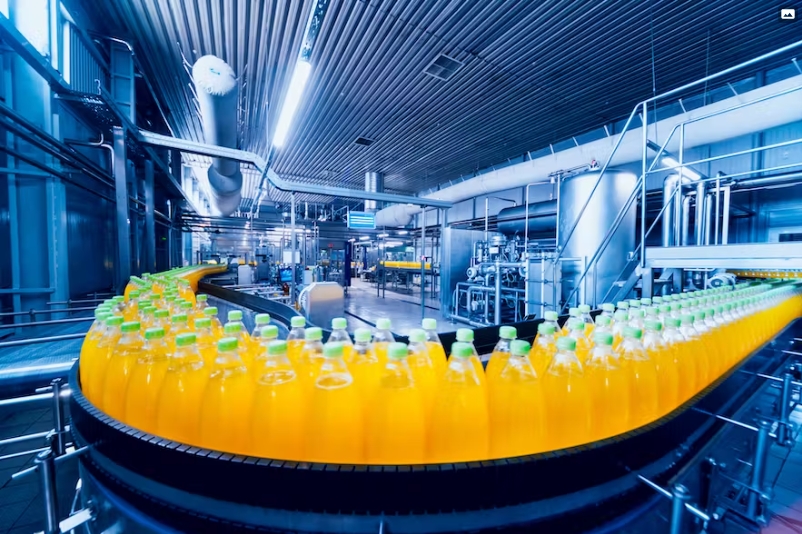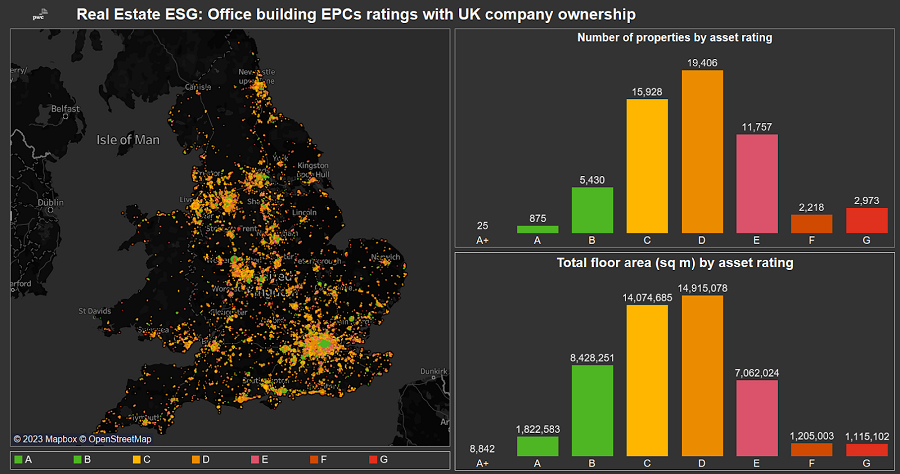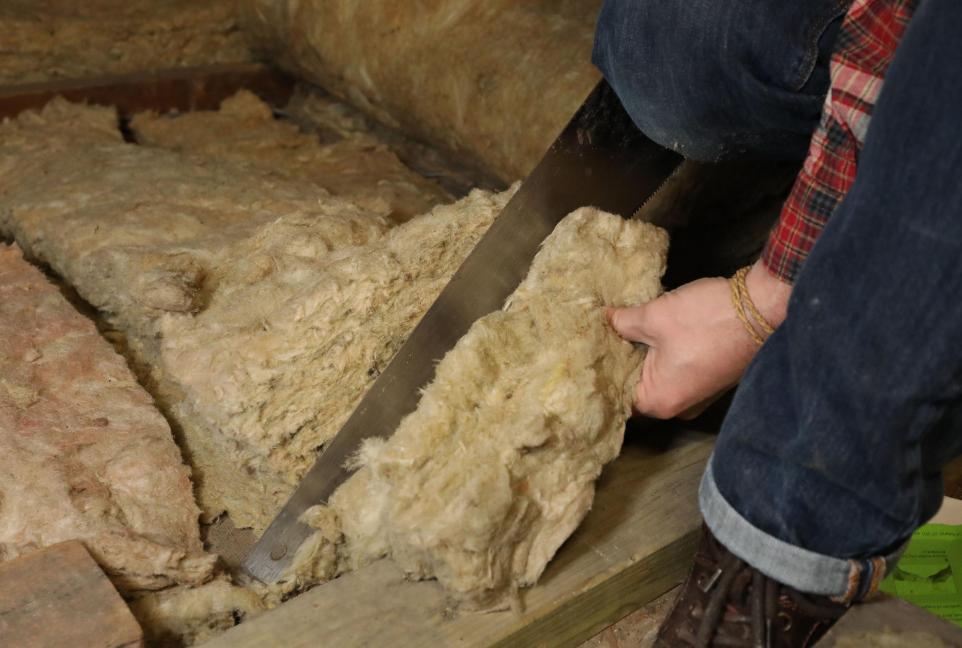
Farmers in England encouraged to apply for Defra grants for new technologies and greener equipment that can boost food production, enhance animal welfare, and curb greenhouse gas emissions
More than £168m in grants are to be made available to farmers in England this year to support the roll out of "new technology and innovative ways of farming" that can enhance efficiency and boost food production, the government announced today.
The funding is aimed at encouraging farmers to embrace innovation, improve food productivity, and enhance animal welfare with a focus on "practical solutions" that can boost efficiency while delivering "significant environmental and welfare benefits", the government explained.
Projects eligible for grants could include robotic harvesting technology, slurry storage improvements, measures to minimise fertiliser use and reduce air and water pollution, and tractor sensors to measure nutrient levels in soils, according to the Department for the Environment, Food, and Rural Affairs (Defra).
Funding could also be used to support use of handling equipment and cow mattresses to help prevent lameness in dairy cattle, with the government pointing out that animal sickness leads to the loss of thousands of livestock every year, which in turn damages productivity and contributes to higher on-farm emissions.
The grants are set to be delivered through the government's Farming Innovation Programme and Farming Investment Fund, and will sit alongside existing Environmental Land Management schemes (ELMs) which are designed to pay farmers for delivering a range of environmental services such as flood management and habitat protection.
Speaking to the NFU Annual Conference this morning, Farming Minister Mark Spencer said that taken together the new grant and subsidy schemes are designed to help deliver long-term sustainable food production and support farmers in their efforts to halt and reverse nature loss, as set out in the government's recent Environmental Improvement Plan.
"The role farmers play in putting food on our tables as well as looking after our countryside is crucial," he said. "We know that sustainable food production depends on a healthy environment, the two go hand in hand. Helping farms invest in new technology as well as bringing in nature-friendly schemes will support the future of farming."
Spencer also confirmed more than 2,000 farmers in England now have live agreements in place as part of the Sustainable Farming Incentive, while more than 32,000 farmers are signed up to the Countryside Stewardship Scheme, marking a 94 per cent increase since 2020.
Both schemes fall under the government's new ELM regime, which offers farmers enhanced payments in return for them delivering a range of environmental improvements and sustainable agricultural practices.
However, there remain widespread concerns among farmers about the lack of clarity surrounding the government's plans, with the NFU today warning ahead of its conference that "the clock is ticking" for Defra to match its words with actions in support of the sector.
NFU President Minette Batters pointed to intense pressure being faced by farmers amid worsening climate impacts, soaring energy and food production costs, labour shortages, and increasing pressure to both boost productivity and provide more environmental services.
She said time was fast running out for the government to follow through on the commitments it has made "to promote domestic food production, to properly incentivise sustainable and climate friendly farming, to put farmers and growers at the heart of our trade policy, and to guarantee our food security".
"It really is time to back British farmers and back British food," said Batters.
Also speaking at the NFU conference today, Labour leader Keir Starmer is expected to set out a raft of promises to support the sector should his party win the next election, including a pledge to ensure at least half of the food bought by the public sector is locally produced or "highly sustainable







